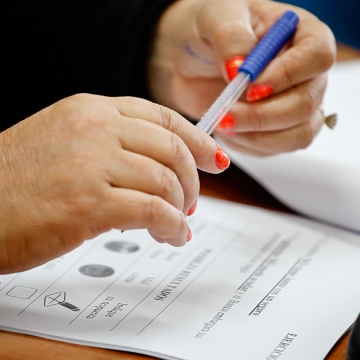Are forest plantation subsidies affecting land use change and off-farm income? A farm-level analysis of Chilean small forest landowners
Forest plantations have increased rapidly in the last three decades, to a large extent due to direct and indirect financial incentives. At the farm level, forestry incentives can affect the investment decisions of small forest landowners and bring socioeconomic externalities or unintended effects associated with farm management. The purpose of this study is to assess the ex post impacts of a forestry subsidy on land use changes and off-farm income experienced by Chilean small forest landowners.
